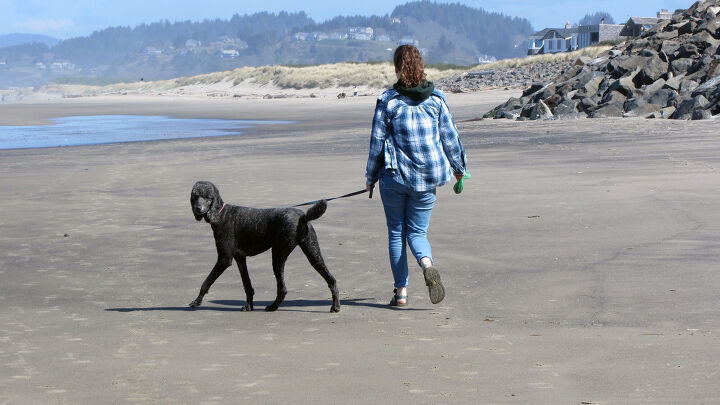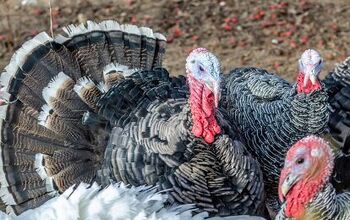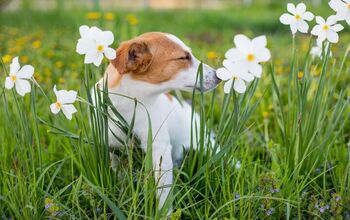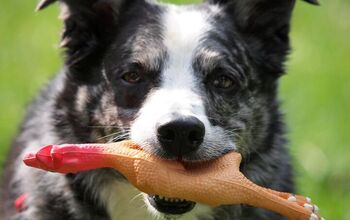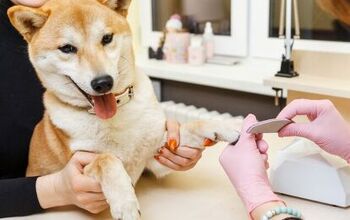Playing with Dogs Helps People Concentrate and Relax, Study Finds

Numerous studies have investigated the bond between humans and dogs, showing that canine companionship offers physical and emotional benefits, such as reduced blood pressure, increased oxytocin levels, and decreased levels of the stress hormone cortisol.
However, few studies have looked at what happens in a person’s brain when they interact with a dog. A new study, led by researchers in South Korea did just that!
In this study, researchers measured the participant’s brain waves during interactions with a four-year-old standard poodle, named Aro. The team wanted to find out how specific activities affected the participants’ mood.
The study involved 30 healthy participants who were asked to engage in eight distinct activities with Aro. The activities included meeting, playing, massaging, feeding, grooming, hugging, photographing, and walking the dog.
Before the activities began, the participants were asked to sit and stare at a wall for three minutes to minimize any stimulation that could affect the study’s results. The researchers used headsets of electrodes to measure participants' brain wave activity while they interacted with the dog.
The results showed that activities like walking the dog increased relaxation while brushing the dog improved concentration. Interestingly, playing with the dog increased both concentration and relaxation.
“Previous studies of the potential benefits of animal interactions often take a holistic approach, comparing people’s mood or hormone levels before and after spending time with a dog,” explained Onyoo Yoo, the study’s lead author, and researcher at Konkut University in South Korea.
“It is a significant finding that engaging in certain activities with dogs can increase specific brain activity,” he added, according to NBC News.
Yoo’s team asked the participants to engage in eight activities, for three minutes each, while wearing brainwave-detecting headsets. The participants also needed to complete surveys after each activity, describing how they felt emotionally.
The team discovered that alpha brain waves, which indicate relaxation and stability, became stronger when participants played with Aro using squeaky toys and when they took her for a walk on a park trail. These results showed that participants were in an increased state of rest and relaxation.
On the other hand, beta brain waves, which are associated with attention and concentration, became stronger when participants brushed Aro or gave her a gentle massage. This showed that participants’ concentration improved without an increase in stress.
All participants reported feeling less stressed, tired, and depressed after all eight activities.
According to the study, activities such as hugging, feeding, and massaging the dog improved the participants’ moods, in particular.
“This study demonstrated that specific dog activities could activate stronger relaxation, emotional stability, attention, concentration, and creativity by facilitating increased brain activity,” said Yoo. “In addition, interactions with dogs could decrease stress and induce positive emotional responses.”
For example, playing with a dog not only relaxes the mind but also increases concentration. This dual effect shows that dogs could play an important role in therapies designed to reduce stress and improve mental focus.
Past studies have suggested that dogs could help ease symptoms of depression or PTSD, but it’s still unclear how effective that type of pet therapy may be. Researchers agree that people need to enjoy being around dogs for this type of animal-assisted therapy to work.
More studies are needed to confirm the validity of these findings. But if you already have a dog, there’s now even more evidence supporting interaction with your pet.
So go ahead and take your dog for a walk or a play session in the park, you’ll both feel better after it!
Join the PetGuide community. Get the latest pet news and product recommendations by subscribing to our newsletter here.

Nevena is a freelance writer and a proud mom of Teo, a 17-year-old poodle, and Bob, a rescued grey tabby cat. Since childhood, she had a habit of picking up strays and bringing them home (luckily, her parents didn't know how to say NO). When she's not writing for her fellow pet parents, Nevena can be found watching Teo sleep. To her defense, that's not as creepy as it sounds!
More by Nevena Nacic



